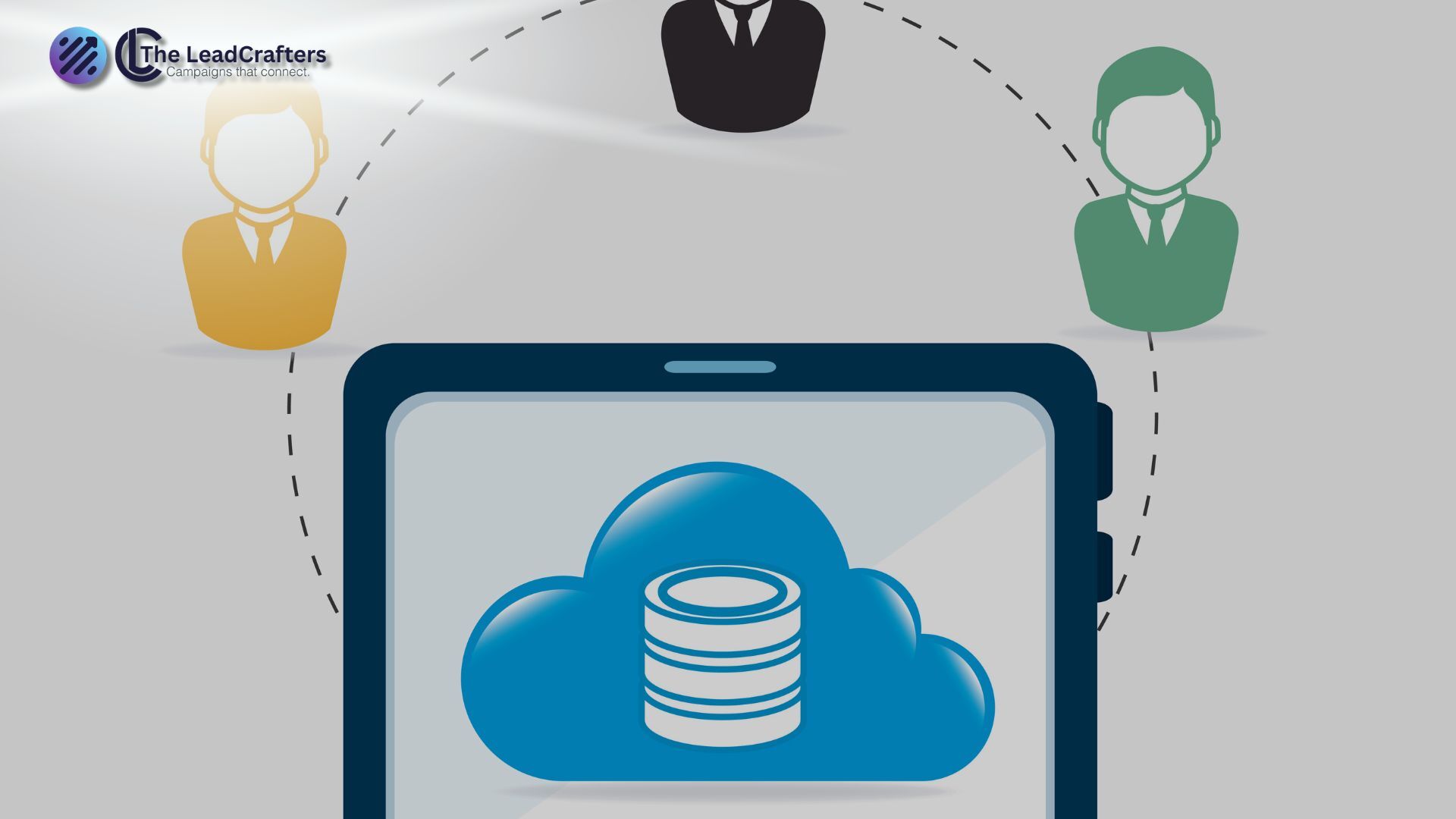In the fast-evolving B2B landscape, strategic database management can be the bedrock for sustainable business growth. An effective database system not only centralizes critical customer data but also enhances marketing, sales, and support efforts by providing accurate, timely insights for targeted engagement. Here are the best practices every B2B company should adopt to maximize the potential of their database management system.
Understand Your Data Requirements
Each department in a B2B company—sales, marketing, customer service—relies on specific data to meet their goals. Sales teams need detailed contact information, purchase histories, and engagement records, whereas marketing teams benefit from demographics, behavior patterns, and campaign interactions. Identifying these core data needs enables you to structure your database efficiently, making it easier for teams to access and leverage insights for tailored campaigns and personalized outreach.
Invest in High-Quality Data
Data quality is the cornerstone of effective database management. Poor data can lead to missed opportunities, wasted budgets, and even damage to your company’s reputation. Regular data cleansing involves removing duplicates, correcting inaccuracies, and updating stale contact details. Implementing data validation tools ensures incoming data is accurate and complete, maintaining your database’s reliability and helping you make informed business decisions.
Centralize Your Database
Centralizing your customer data into a single integrated system, such as a Customer Relationship Management (CRM) platform, is critical. A centralized CRM consolidates interactions, lead information, and account histories into one accessible location. This approach reduces errors, eliminates redundant data entries, and improves internal collaboration by providing a single source of truth, helping your teams to work cohesively towards shared growth objectives.
Segment Your Data for Targeted Marketing
Effective segmentation enhances personalization. Divide your database based on criteria such as industry, company size, location, purchase behavior, and engagement levels. Segmented data allows precise targeting with customized messaging that resonates deeply with specific customer groups, improving response rates and driving higher conversion rates. Tailoring campaigns by industry vertical or geography can yield more successful lead generation efforts.
Maintain Regular Database Updates
Business data is dynamic; addresses change, industries evolve, and customer needs shift. Regularly updating your database is essential to keep information fresh and actionable. Automate data updates through CRM workflows and integrations that capture real-time changes from interactions or third-party sources. Frequent updates sustain data accuracy, which protects the effectiveness of email campaigns, sales outreach, and customer support initiatives.
Implement Robust Data Governance and Compliance
Establish clear data governance policies covering data collection, storage, access controls, and retention. Assign roles and responsibilities to ensure accountability and maintain data security. Compliance with regulations like GDPR or CCPA is paramount to safeguard personal data and avoid legal risks. Governance frameworks also define standards for data quality and privacy, building trust with clients and protecting your brand reputation.
Prioritize Data Security
In today’s digital environment, the security of your B2B database is non-negotiable. Use encryption, two-factor authentication, and secure access protocols to protect sensitive client information from unauthorized access. Regularly audit your systems for vulnerabilities and ensure your data handling aligns with industry best practices. Securing your data portfolio mitigates risks of breaches, protecting both your business and your clients.
Leverage Analytics for Data-Driven Growth
Beyond storage and management, databases are valuable when paired with analytics. Use your data to uncover trends, customer preferences, and market opportunities. Data analysis informs smarter decision-making and can identify high-potential leads for sales prioritization. Integrating analytics platforms helps convert raw data into actionable insights, driving more efficient business growth strategies.
Automate Database Management Processes
To maintain a scalable and efficient database, automation is key. Automate routine tasks such as data entry, cleansing, updates, and reporting. Automation decreases human error, accelerates workflows, and frees up teams to focus on strategic initiatives. Deploying automation tools within your CRM or third-party integrations enhances data accuracy and operational productivity.
Continuously Monitor and Improve Database Health
Consistently audit your database to identify gaps, outdated entries, and compliance issues. Use performance metrics like data completeness, lead quality, and engagement rates to evaluate effectiveness. Continuous monitoring allows timely improvements and ensures your database evolves with business needs, supporting ongoing B2B growth.
Adopting these database management best practices equips B2B organizations to harness the full power of their data assets. From maintaining data quality and security to leveraging segmented insights for targeted campaigns, a well-managed database forms the foundation for enhanced customer relationships and revenue growth.



